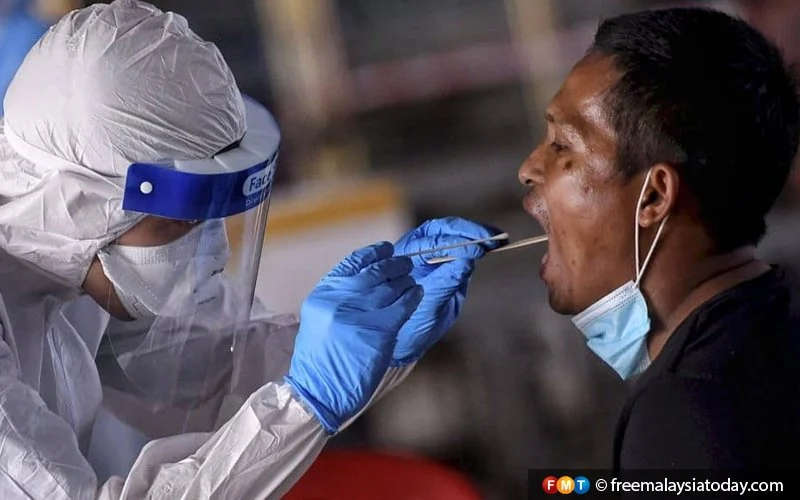
PETALING JAYA: Twelve Covid-19 Arcturus subvariant cases were detected in the country in the past week.
Arcturus is a subvariant of Omicron, a variant that is said to be highly transmissible and less susceptible to vaccines.
While health minister Dr Zaliha Mustafa said patients exhibited mild symptoms and were in stable condition, the latest Omicron subvariant is believed to be driving the surge in infections in countries like India.
FMT takes a closer look at whether it is a cause for concern.
What is Arcturus?
XBB.1.16, otherwise known as Arcturus, is a subvariant of the Omicron variant XBB and was first detected globally in January.
According to covSpectrum.org, a website dedicated to helping scientists investigate and identify Covid-19 variants, Arcturus was detected in Malaysia in early March, and has been reported in slightly more than half the states in the country.
According to experts, some of Arcturus’ symptoms include a high fever, cough and “itchy” conjunctivitis or pinkeye.
How worrying is it?
The World Health Organization (WHO) has categorised XBB.1.5 and Arcturus as variants of interest, meaning variants that may have a significant impact on transmissibility.
Citing an epidemiological study by Japan, Universiti Sains Malaysia virologist Kumitaa Theva Das said Arcturus is 1.2 times more transmissible than XBB.1.5, which was reported to transmit faster than other variants such as Delta and other Omicron sub-variants.
“The rate of transmission of Arcturus suggests that it may overtake certain variants in prevalence. However, it is important to note that there seem to be no signs of increased severity. Our cases are still under control,” she told FMT.
Kumitaa said the elderly, those with comorbidities and those who are immunocompromised would benefit from getting their booster shot.
“This is because immunity wanes faster in these individuals, and getting a booster would increase protection against severity. The bivalent booster shots, designed to protect against Omicron variants including XBB, have been proven to provide long-lasting protection,” she said.
Do the vaccines still work?
Public health medicine specialist Dr Zainal Ariffin Omar said the vaccines still work and provide protection against the virus.
“Those who have yet to get their booster shots should do so or at least complete their immunisation schedule,” he said, adding that the public must remain vigilant as there are new Covid-19 variants.
Zainal also advised the public to continue practising the Covid-19 SOPs such as wearing masks indoors and outdoors, even though it is no longer mandatory, maintaining physical distancing and practising good hygiene to avoid getting infected.
Former deputy health minister Dr Lee Boon Chye shared similar sentiments and urged those who are at high risk to consider getting their booster dose.
“We just have to accept the fact that the virus is still among us. Life should carry on as usual, but everyone should maintain healthy and active lifestyles to reduce the risk of infection,” he said. - FMT



No comments:
Post a Comment
Note: Only a member of this blog may post a comment.